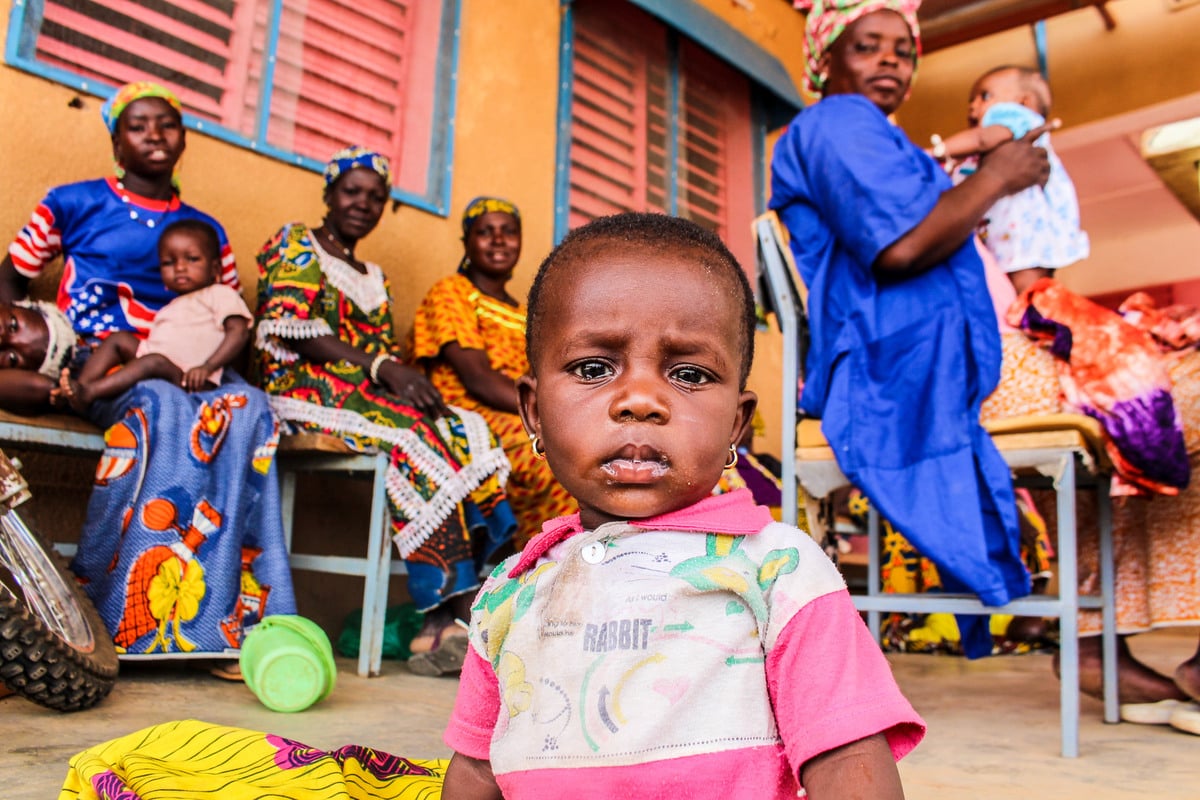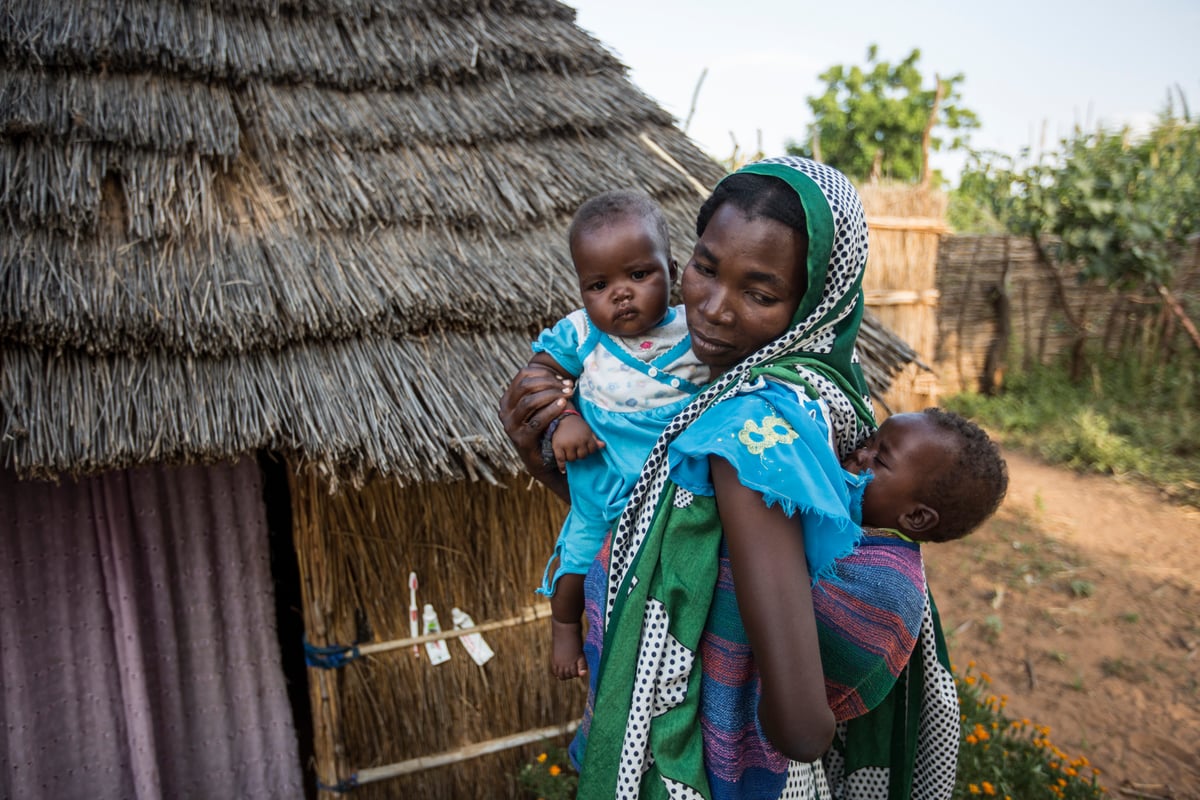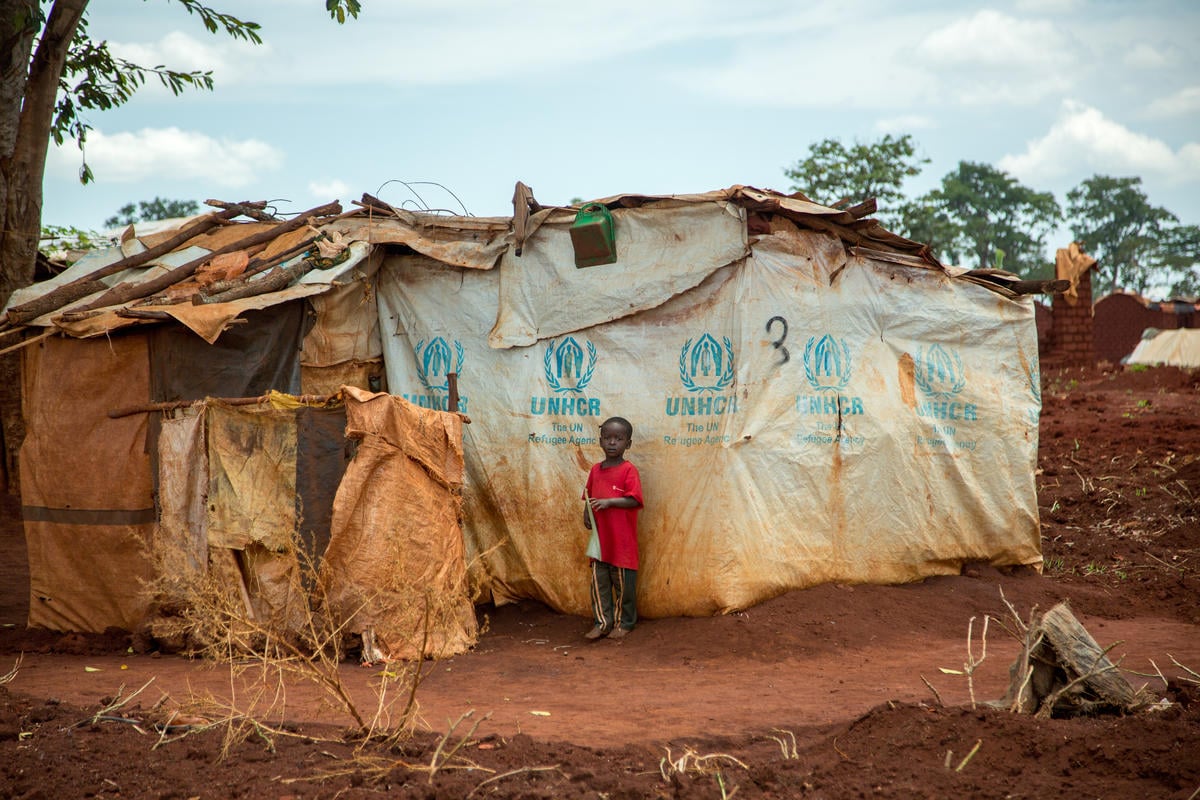Study highlights most under-reported humanitarian crises of 2017
Study highlights most under-reported humanitarian crises of 2017

GENEVA – Ten humanitarian crises around the world, including forcible displacements affecting millions of men, women and children, went underreported last year, according to a report by the international aid organization CARE.
The study, entitled "Suffering in Silence", found that nuclear brinkmanship in North Korea may have made global headlines, but the humanitarian situation in the country received the least media attention globally.
Other crises that rarely made the news were in Eritrea, Burundi, Sudan, the Central African Republic, the Democratic Republic of the Congo, Mali, the Lake Chad Basin – comprising Niger, Cameroon and Chad – as well as Vietnam and Peru.
“We all know that a single photo can make the world turn its attention to an issue,” says Laurie Lee, CARE International’s interim secretary general.
“But the people in the countries featured in CARE’s report are far away from the cameras and microphones of this world. These crises might not make the media headlines, but that does not mean we can forget about them.”
The crises in Burundi, the Central African Republic, Mali and the Lake Chad Basin alone have uprooted nearly 1.3 million children, women and men and driven them across international borders as refugees, according to UNHCR figures.
There is a direct link between media attention and the money given for humanitarian aid. “The media plays a vital role in drawing public attention to forgotten and neglected crises”, says Filippo Grandi, UN High Commissioner for Refugees.
“Despite the tragic consequences for the lives of millions affected by conflict and displacement, the gap between humanitarian needs and available funding continues to exist.
"Political leaders must step up and shoulder responsibility."
“The outlook for 2018 is grim, as the political will to resolve conflicts and address the root causes that are driving them – poor governance, growing impoverishment, inequality and climate change, is weak. Political leaders must step up and shoulder responsibility for tackling today's forgotten crises.”
In 2018, many of those disasters will continue. Poor families struggle to survive, as their capacity to absorb future shocks is diminishing, with conflicts lasting for decades, livelihoods lost, and assets depleted.
The UN’s Global Humanitarian Overview for 2018 requires US$22.5 billion to help almost 91 million of 135 million people in urgent need. Media attention can help focus public support for those needs.
Working with local freelancers and NGOs to receive up-to-date materials, pooling money for reporting in remote areas as well as NGO investment in communications in emergencies are among the recommendations outlined in the report.












